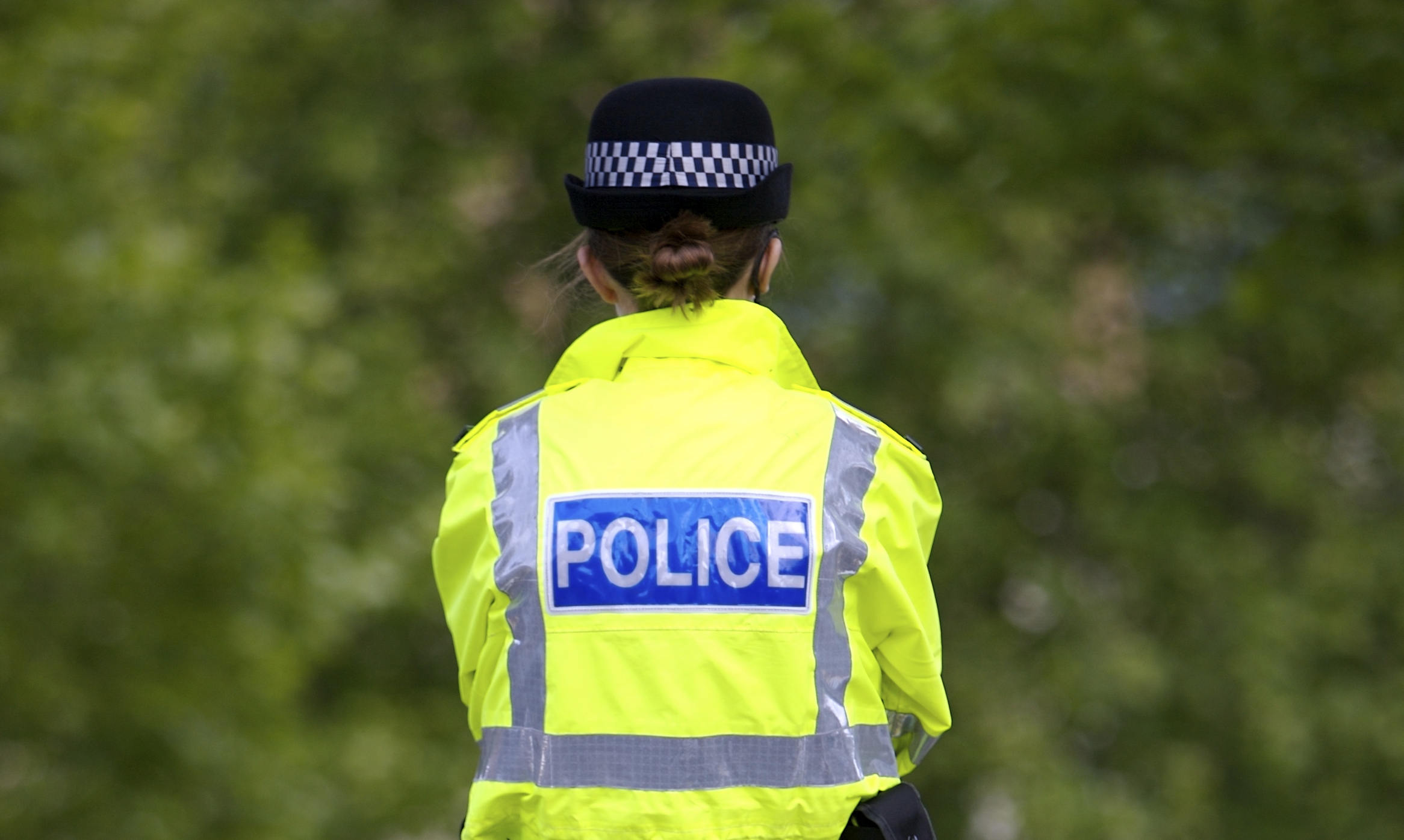Police called to a third more mental health incidents
THE number of police incidents related to mental health rose by a third over just three years, new research has found.
There was a 33% rise in cases recorded in police logs as linked to mental health between 2011 and 2014, according to Freedom of Information responses from 35 forces in England, Wales and Northern Ireland.
The increase came as the overall number of incidents recorded by police fell by 10%.
According to the College of Policing, 20-40% of police time is taken up dealing with people with mental health problems.
“It could be an angry man who is smashing a place up; it could be concerns for someone wandering around the streets or someone at the top of a multi-storey car park,” said Ch Supt David Skevington, of Suffolk Police.
Following a month-long analysis last year, his force found that officers spent 37% of their time dealing with incidents linked to mental health.
“I wasn’t surprised when we saw how high that figure was,” he said. “We knew the profile of mental health was being raised significantly through the number of operational incidents we were dealing with, where people were suffering from mental health issues. Whether it is people suffering from alcohol or substance abuse, or people just struggling in life.”
In Suffolk, the number of detentions by police under section 136 of the Mental Health Act 1983 has reduced since a triage system was introduced in 2014. Mental health nurses are employed by the Norfolk and Suffolk NHS Trust to work alongside police officers in patrol cars to provide information and expertise.
One of these nurses, Louissa Friend, explained: “The whole world calls the police; they are the last port of call and they are expected to manage many, many different situations. But the officers aren’t trained in mental health – they can’t be experts in everything.”
Friend has 24-hour access to mental health data and patient records via her laptop, so she can offer advice. “If the person is very unwell and cannot be managed safely I can call for a Mental Health Act assessment to see if they need to be sectioned,” she told The Guardian, which carried out the FOI research. “It’s very difficult for the police to do that alone.”

